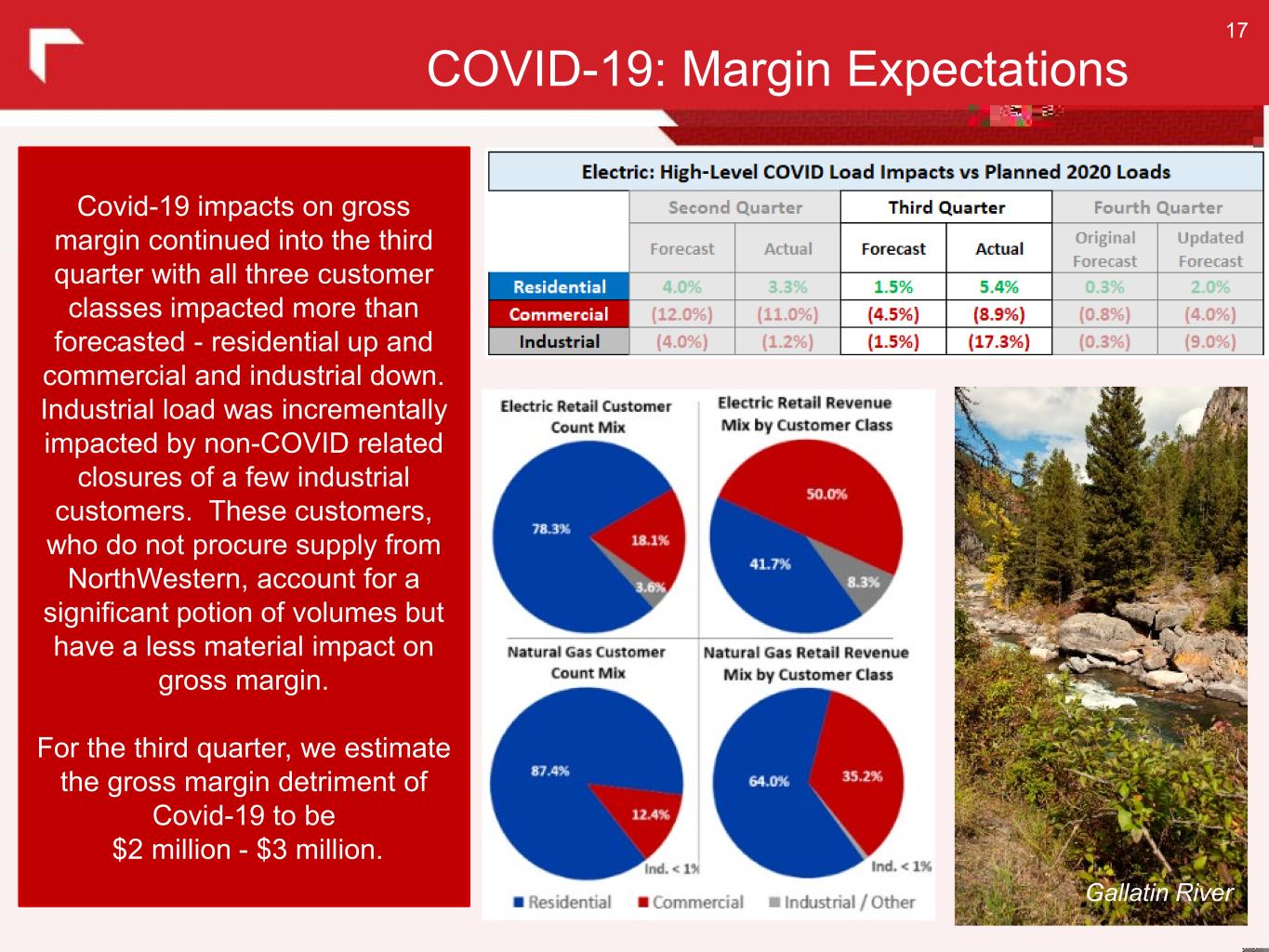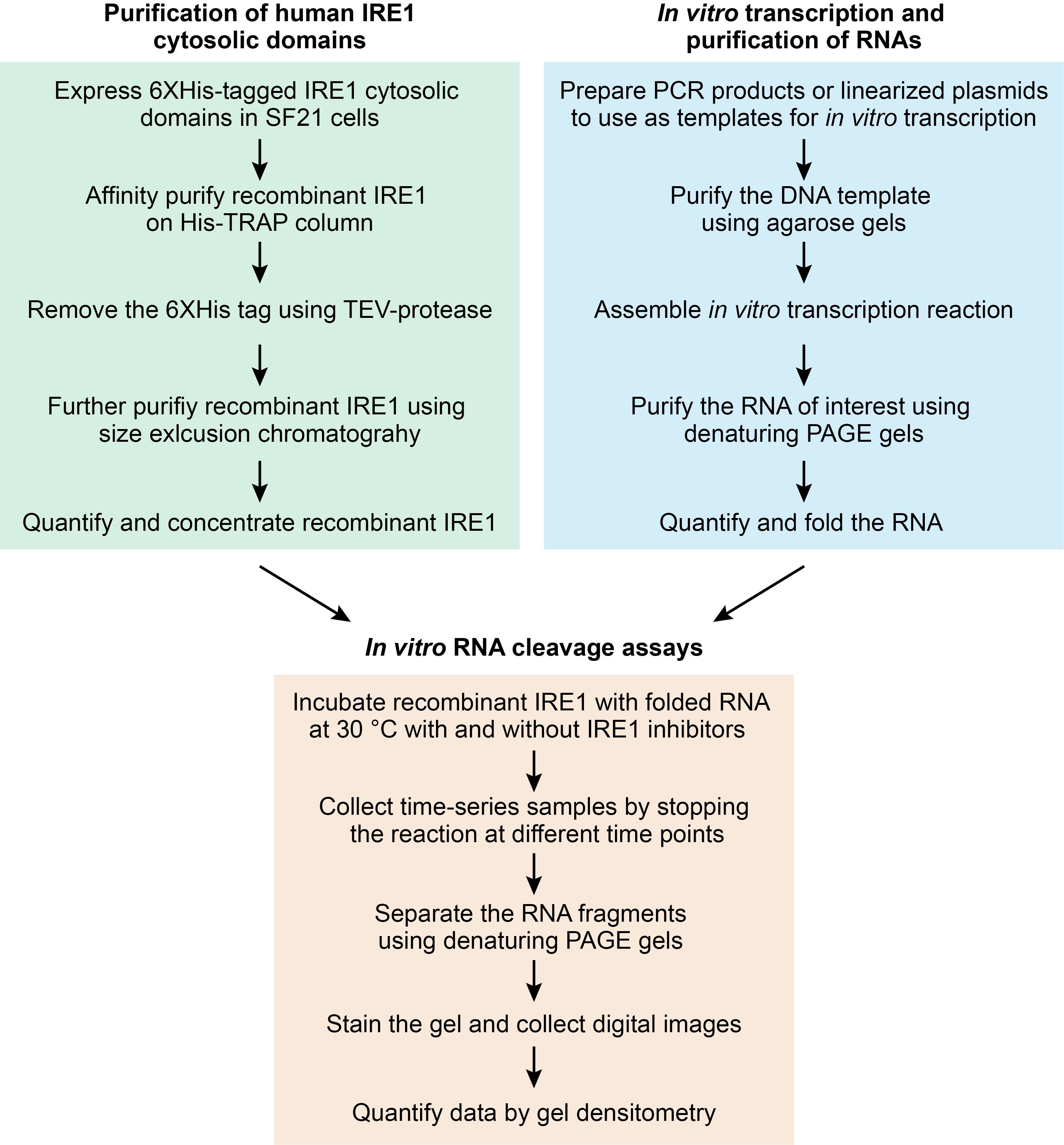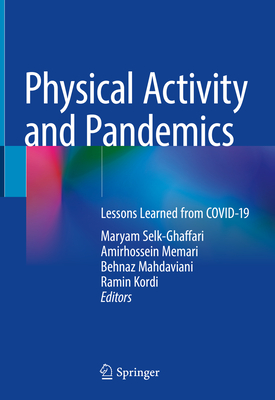中文版
自新冠疫情在全球范围内爆发以来,人类社会经历了一场前所未有的公共卫生危机,这场疫情不仅改变了我们的生活方式,还深刻影响了人们的心理健康,随着疫苗的普及和疫情逐渐得到控制,社会开始步入后疫情时代,但随之而来的心理问题却不容忽视,本文旨在探讨新冠疫情之后的心理问题,包括但不限于焦虑、抑郁、孤独感、创伤后应激障碍(PTSD)以及社会心理适应问题,并提出相应的应对策略。
焦虑与抑郁的普遍性
疫情期间,信息过载、经济不确定性、健康担忧以及社交隔离等因素共同作用,导致许多人出现了不同程度的焦虑和抑郁症状,据世界卫生组织(WHO)报告,全球范围内因疫情引发的焦虑和抑郁病例显著增加,这种情绪不仅影响了个人的日常生活,还可能对家庭关系、工作表现乃至社会稳定造成连锁反应。
孤独感的加剧
社交距离政策和居家隔离措施虽然有效减缓了病毒传播速度,但也让许多人感受到了前所未有的孤独,对于老年人、儿童以及那些本身就处于社交孤立状态的人来说,这种孤独感尤为严重,孤独不仅影响心理健康,还可能加剧慢性疾病的风险,影响免疫系统功能。
创伤后应激障碍(PTSD)的挑战
对于直接经历或目睹严重疫情相关事件的人来说,如失去亲人、病重住院或目击他人不幸遭遇,创伤后应激障碍(PTSD)成为了一个不可忽视的心理问题,PTSD患者可能长期经历噩梦、闪回、高度警觉等心理症状,严重影响其日常生活和社交功能。
社会心理适应的挑战
疫情的长期影响还体现在社会心理层面,社会信任的下降、信息过载导致的认知负荷增加、以及经济压力下的社会不平等问题,都可能引发更广泛的社会心理问题,疫苗接种的犹豫态度、对政府政策的质疑等,都是社会心理适应过程中出现的复杂情绪反应。
应对策略与建议
1、增强自我意识与自我关怀:认识到自己的情绪变化,并采取积极的自我调节方式,如冥想、瑜伽或简单的散步来缓解压力,保持健康的生活习惯,包括均衡饮食和充足睡眠,对维护心理健康至关重要。
2、建立支持系统:无论是线上还是线下的社交活动,保持与家人、朋友或社区的联系都是减轻孤独感的有效途径,对于那些感到特别孤独或焦虑的人,寻求专业心理咨询也是明智的选择。
3、信息甄别与理性沟通:在信息爆炸的时代,学会甄别可靠信息源,避免过度暴露于负面新闻和谣言中,与他人交流时,保持理性、尊重的态度,避免加剧社会分裂和恐慌。
4、社区与政府的角色:社区应提供更多的心理健康资源和支持服务,如热线电话、在线咨询等,政府则需制定相关政策,确保经济援助的及时发放,减少因疫情导致的社会经济不平等问题,加强公共卫生教育,提高公众对心理健康重要性的认识。
5、教育与宣传:学校和职场应将心理健康教育纳入日常教学和培训中,帮助学生和员工识别并应对心理压力,通过开展心理健康讲座、工作坊等形式,提升大众的心理健康素养。
英文版
Since the outbreak of the COVID-19 pandemic on a global scale, humanity has experienced an unprecedented public health crisis. This pandemic has not only transformed our lifestyles but has also profoundly impacted people's mental health. As vaccination becomes widespread and the pandemic gradually comes under control, society is entering a post-pandemic era, but the subsequent psychological issues cannot be overlooked. This article aims to explore the psychological issues following the COVID-19 pandemic, including but not limited to anxiety, depression, loneliness, Post-Traumatic Stress Disorder (PTSD), and sociopsychological adaptation challenges, and propose corresponding coping strategies.
The Prevalence of Anxiety and Depression
During the pandemic, a combination of factors such as information overload, economic uncertainty, health concerns, and social distancing measures has led to varying degrees of anxiety and depressive symptoms in many individuals. According to reports from the World Health Organization (WHO), there has been a significant increase in anxiety and depression cases globally attributed to the pandemic. These emotions not only affect personal daily life but can also have a cascading effect on family relationships, work performance, and even social stability.
Intensified Loneliness
While social distancing policies and home confinement measures effectively slowed down the virus's spread, they also created a sense of loneliness that many people have never experienced before. For the elderly, children, and those already in a socially isolated state, this loneliness is particularly severe. Loneliness not only impacts mental health but can also exacerbate chronic disease risks and affect immune system function.
Challenges of PTSD
For those who have directly experienced or witnessed severe COVID-19-related events, such as losing loved ones, being hospitalized seriously, or witnessing others' misfortunes, Post-Traumatic Stress Disorder (PTSD) becomes a non-negligible psychological issue. PTSD sufferers may experience long-term psychological symptoms such as nightmares, flashbacks, and heightened alertness, severely affecting their daily life and social functioning.
转载请注明来自爬爬百科,本文标题:《后疫情时代,探索心理康复的路径》












 京ICP备11000001号
京ICP备11000001号
发表评论